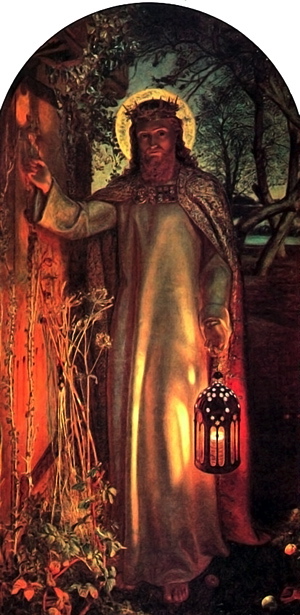“In the third year of the reign of Jehoiakim king of Judah, Nebuchadnezzar king of Babylon came to Jerusalem and besieged it. And the Lord delivered Jehoiakim king of Judah into his hand, along with some of the articles from the temple of God. These he carried off to the temple of his god in Babylonia and put in the treasure house of his god. Then the king ordered Ashpenaz, chief of his court officials, to bring into the king’s service some of the Israelites from the royal family and the nobility—young men without any physical defect, handsome, showing aptitude for every kind of learning, well informed, quick to understand, and qualified to serve in the king’s palace. He was to teach them the language and literature of the Babylonians.” (Daniel 1:1-4)
Daniel never expected to end up in Babylon any more than you did. Picture Daniel. One of the brightest and best of Israel. Daniel is from a family of high social status. He is physically flawless. He is a strikingly handsome man. If Joanna were giving this message, she might tell you to picture Daniel Craig. Apparently Daniel is actually much shorter than he appears on screen. So picture someone who looks like Daniel Craig only more handsome and less dumpy. Daniel is bright. He is quick to understand. He is qualified to serve in the king’s palace, which means he has a high level of what we would call ‘emotional intelligence’. He is also devoted to God and God’s people. And he has all the dreams that young men like that have. Back in Judah his future would have been predictable. The whole world is at his feet. He would go to a good university and then on to success in whatever field he chose. He would have a great marriage, live in an enviable home with the right postcode, raise a wonderful family, occupy a prominent place in the community. But life did not turn out the way he planned.









